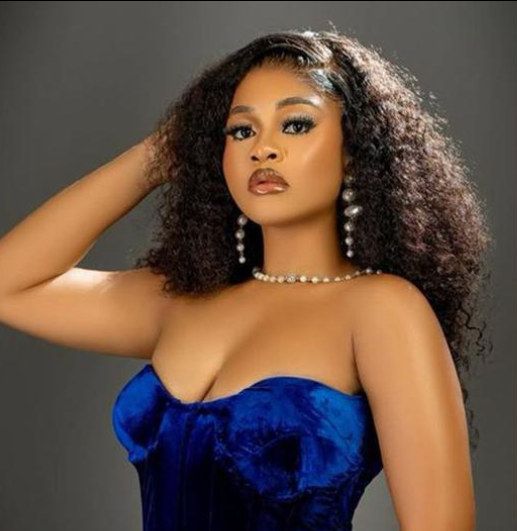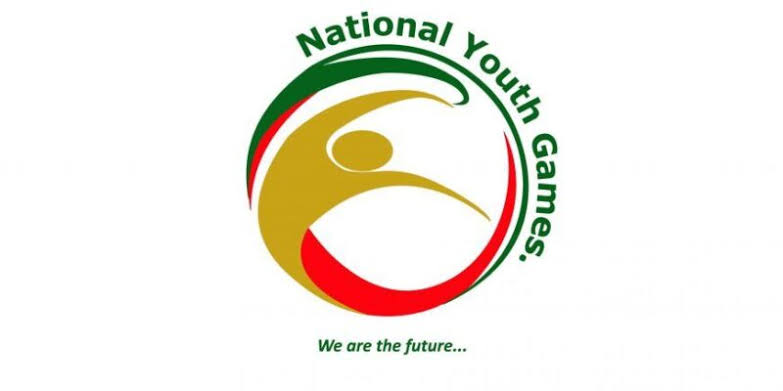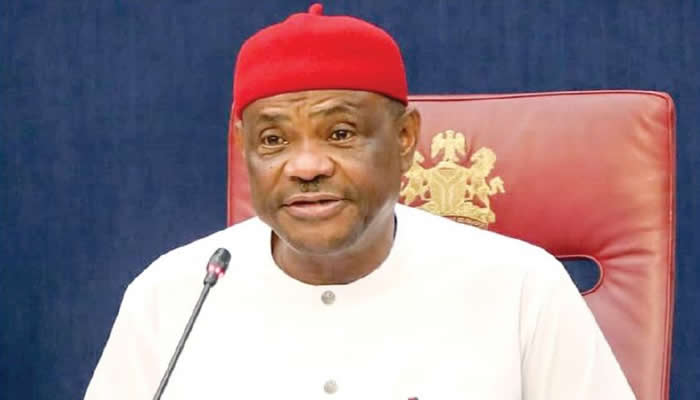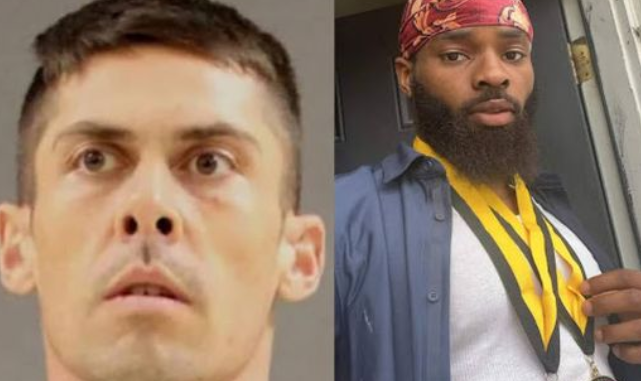
Phyna Sparks Social Media Storm as She Declares Sowore Her Presidential Pick for 2027

In an unexpected twist that sent ripples through the Nigerian social media landscape, Big Brother Naija winner and reality TV star Phyna has boldly declared her support for Omoyele Sowore as her preferred candidate for Nigeria's 2027 presidential election. The outspoken media personality made her position known via her verified X (formerly Twitter) account, stirring a wave of reactions that range from praise to outright condemnation. Her statement not only opened a new chapter in the political opinions of Nigerian celebrities but also placed her at the center of a growing national conversation on the future of Nigeria’s leadership.
On July 9, 2025, Phyna, known for her candor and fiery takes, made a public inquiry into Sowore’s potential candidacy for the 2027 elections. “Is @YeleSowore going to contest in 2027? If yes, sir I am personally ready,” she wrote. She added, “Because from what I just saw even Obi is not a saint. Sowore is looking like our only hope at this point.” Her remarks referenced Peter Obi, the 2023 Labour Party presidential candidate widely regarded as a reformist and youth favorite. For Phyna to distance herself from Obi, a man previously hailed as a beacon of change by many Nigerians, was shocking enough. But it was her embrace of Sowore that ignited true controversy.
Sowore, a fierce activist, publisher of Sahara Reporters, and two-time presidential candidate, has long been a polarizing figure. He is lauded by supporters as a fearless crusader against corruption, injustice, and governmental inefficiency. Yet, to others, he’s seen as a rabble-rouser with ideals that often clash with the establishment and a campaign that hasn’t gained mainstream traction. Phyna’s endorsement seems to be grounded in her growing disillusionment with other contenders and her apparent faith in Sowore’s uncompromising approach.
But as expected, Nigeria’s social media space—infamous for its unforgiving nature—did not receive her declaration with uniform applause. No sooner had Phyna made her statement than she was met with waves of criticism and online trolling. “I said my own and piece,” she fired back. “Everyone has their opinions but unfortunately some monkeys are mactting and doing soapy on my CS…a omo everybody wants a better Nigeria and I see mine in Sowore at this point. Eite for your tears.”
The backlash wasn’t entirely surprising. In Nigeria’s increasingly polarized political climate, expressions of political preference from celebrities are treated less like personal opinions and more like acts of allegiance. Critics accused Phyna of lacking political depth and riding on sentiment. Others argued she should stick to entertainment and avoid “serious matters” like governance. But if there’s one thing Phyna has consistently demonstrated since her rise to fame, it is her refusal to be silenced by the mob. Rather than retract her opinion or water it down, she doubled down and made it clear that she would not be bullied for envisioning a better Nigeria—one where Sowore holds the reins of power.
Interestingly, her support for Sowore mirrors a larger movement in Nigeria’s youth demographic. Despite his underwhelming performance in the 2019 and 2023 elections, Sowore continues to gain popularity among disaffected young Nigerians. Many see him as one of the few political figures who has never been compromised by the system. His reputation for standing up to power, facing arrests, and calling out the rot within the corridors of government resonates with a generation tired of recycled politicians and empty promises.
Phyna’s support might be a personal expression, but it holds weight. With over a million followers on X and millions more across other platforms, her voice has reach and influence. In a country where celebrity endorsements can tilt public perception—sometimes even more than party manifestos—Phyna's declaration could be a symbolic moment, even if not a politically seismic one. The growing trend of influencers and entertainers engaging with political discourse is slowly changing the dynamics of public participation, making room for a new wave of awareness, albeit not without its pitfalls.
The conversation now shifts to Sowore himself. Will he run again in 2027? If so, will this latest wave of support from youth influencers translate into votes and structure? Or will it remain a social media echo with no real political muscle? For now, neither Sowore nor his party, the African Action Congress (AAC), has made an official declaration regarding the next election, but all signs suggest he is gearing up for another run.
As for Peter Obi, whose aura of incorruptibility once united much of the Nigerian youth movement in 2023, it seems the honeymoon phase with some of his former supporters is waning. Although still a formidable figure, the realization that no politician is without flaws appears to be taking root, even among his core fans.
Phyna’s statement also underscores a broader truth—Nigerians, especially young ones, are hungry for leadership that transcends slogans and deliver real impact. Whether they find it in Sowore or elsewhere remains to be seen, but one thing is clear: the political tide is shifting, and celebrities are no longer content with being neutral spectators.
In the end, while Phyna’s declaration might seem like just another celebrity tweet, its ripple effects are a reminder of the evolving landscape of Nigerian political engagement. It is a reflection of the growing desire for authentic leadership and a more transparent system. Whether it’s welcomed or not, her voice has added fuel to a fire that will only burn hotter as 2027 draws closer.
For now, the debate rages on. Phyna has said her truth, the critics have screamed theirs, and Sowore—perhaps Nigeria’s most consistent underdog—remains the unexpected centerpiece of a political storm sparked by reality TV royalty.


